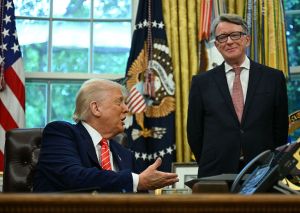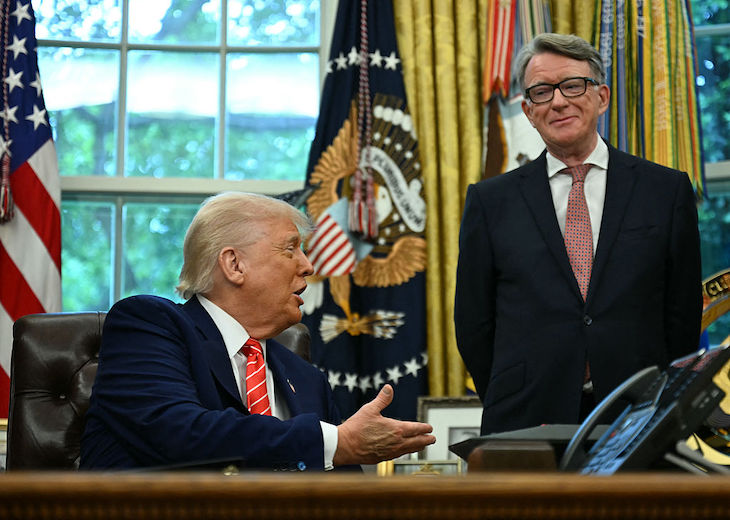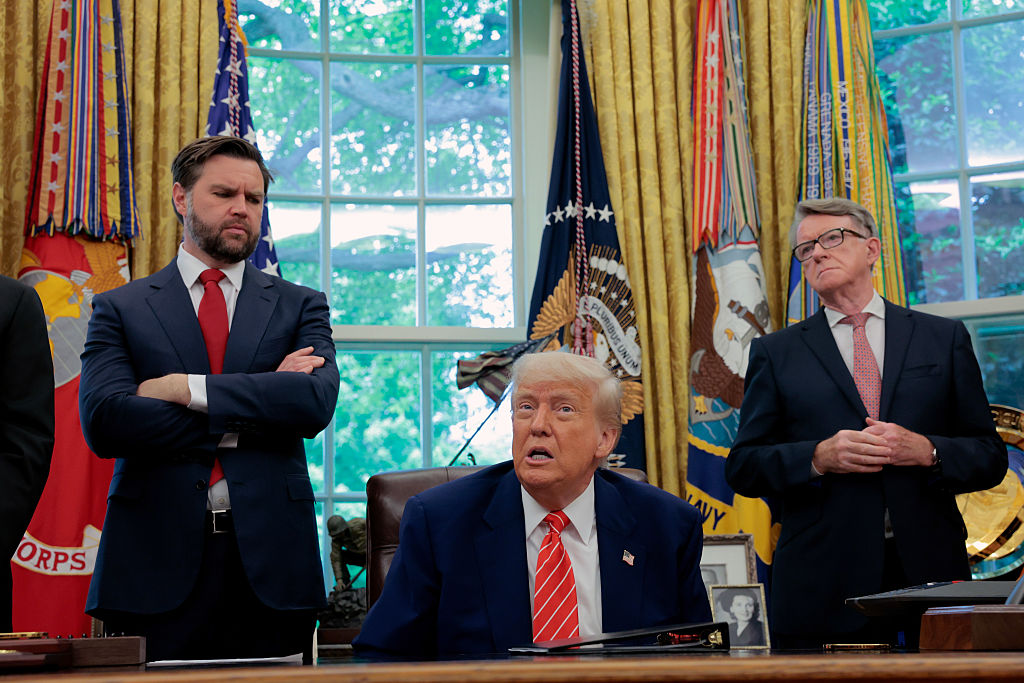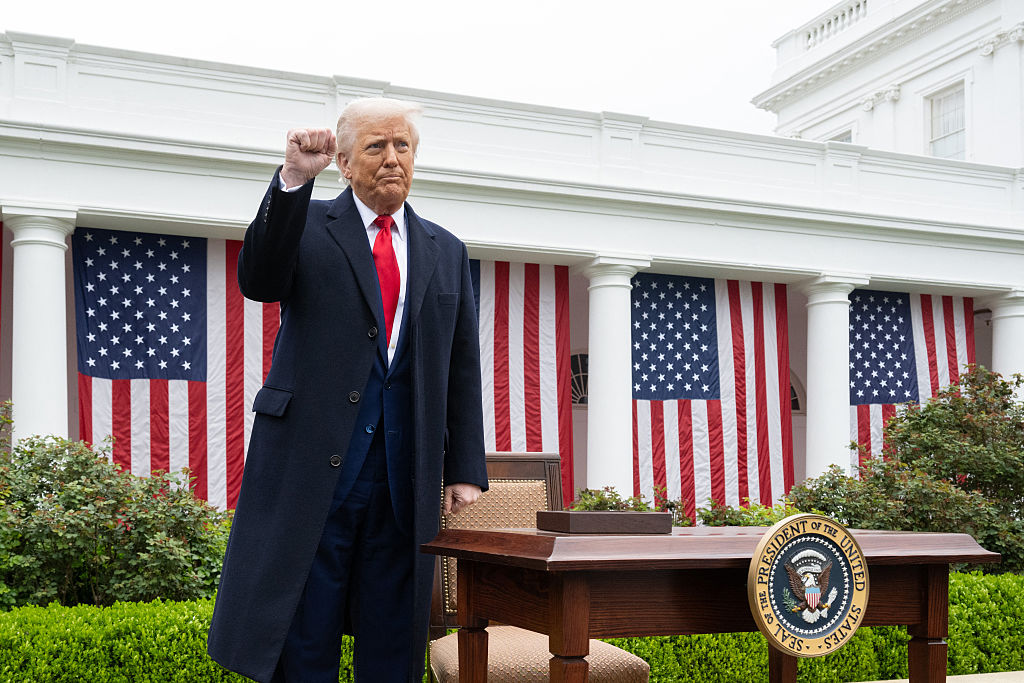J.D. Vance told UnHerd yesterday that the United States has a “much more reciprocal relationship” with the UK than it does with countries such as Germany. This is a highly selective assertion.
What is more accurate to say is that the US has taken over and squeezed the UK economy. American politicians never allude to the vast number of American enterprises with large, high-margin UK operations steadily extracting profits. Such firms include Starbucks of Seattle, Costa Coffee (owned by Coca-Cola of Atlanta, Georgia) and Boots the Chemist (owned by Walgreens Boots Alliance of Illinois).
The largest sellers of services into the UK are the big US tech companies, sometimes nicknamed who are mostly extracting a stream of income from software, platforms, advertising and social media. These profits are vast and mostly taken for granted by the MAGA crowd who seem to feel that the US has an entitlement to this income. The big US tech companies pay much less tax than they would if they were UK companies – according to a report out this week from the Fair Tax Foundation, they pay about 19 percent tax on UK profits, rather than the 30 percent that would apply to US-based profits: they have avoided over £200 billion of taxes over the last decade. As their report says, “tax avoidance seems to be hardwired into US corporate structures.”
Worse still, many of Big Tech’s sales escape UK taxation altogether. Apple, for example, chooses to make most of its sales to the UK through Ireland, where its profits are taxed at a notoriously low rate, so any retaliatory tariffs Keir Starmer and Rachel Reeves introduce would need to include Ireland and Luxembourg.
The Trump-Vance stance goes beyond demanding a continuation of the current generous tax treatment – they want to use American power to stop the UK and Europe taxing the big tech companies any digital services taxes. Most immediately, it is probable that any US-UK trade deal will be conditional on a commitment from Keir Starmer to drop all such taxes – one can see why Trump’s tech-bro friends have an interest in supporting his tariffs on goods as these provide a lever to ensure that the tech giants are lightly taxed.
Since the end of the second world war, Britain has been a beachhead for US companies selling into Europe – as well as into Britain’s former colonies. However, American domination of the UK has intensified since the 2009 financial crash. During Covid, US companies went on a buying spree, hoovering up undervalued British companies such as Morrisons supermarkets, waste companies Biffa and Viridor, and property-rich enterprises such as Southend Airport and several large warehouse groups. The wave of takeovers continues into 2025 with the Labour government doing nothing to stop it. De La Rue has just accepted a US takeover and the New York firm KKR looks set to take over Thames Water with its 17 million consumers.
Using financial engineering and managing for maximal profit, US owners have established steady streams of cash flowing westwards across the Atlantic. For most of them, current discussions of tariffs and trade in goods are irrelevant: US ownership of the UK economy is entrenched: in a typical year they sell over $800 billion of goods and services in the UK economy, making profits of about $100 billion and paying low taxes. Some US takeovers have been opportunistic when bargains emerge, but many have also been strategic. A US defense department report identified a handful of UK defense contractors which would be worth the US owning and three of the largest were sold to US owners over the last five years – Cobham, Meggitt and Ultra. Washington has used financial muscle to obtain military advantage: and these sales look particularly ill-advised by the UK in view of America’s backing off its support for Europe’s defense.
Britain has set up a car-boot sale of its companies. In any discussion of fairness between the UK and the US, analysts should consider the way the US has taken over Britain’s economy. The effect is loss of income and wealth, such that, excluding London, if the UK were a US state it would easily be the poorest one – significantly poorer than Mississippi. The Trump-Vance idea of fairness truly puts “America first” and the response from Westminster has been supine at best, complicit at worst.


























Leave a Reply